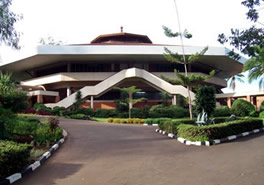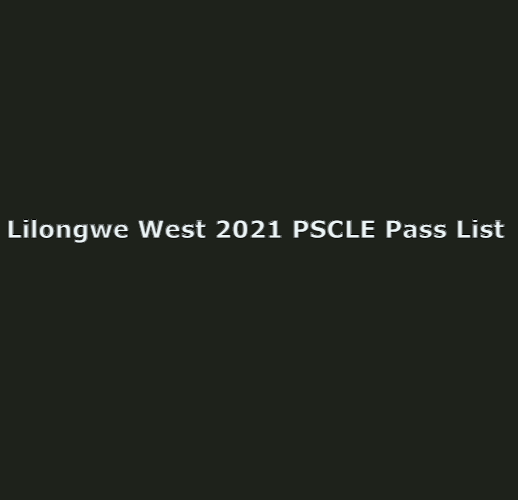Vice Chancellor of the University of Malawi, Emmanuel Fabiano, has bashed politicians and other able Malawians for not rising up to the challenge of ensuring that people in their areas get adequate education for the good of the nation.
Fabiano expressed his frustration in an exclusive interview on Tuesday.
“In some communities, ordinary people do come together and provide in their own small way for their relations or people in their area to attain education. But how many politicians do the same in their areas other than thinking about themselves and their children?
“How many Members of Parliament take the initiative, as individuals or as a group of people, to mobilise resources to ensure that others are educated?
“Some of them have been in politics for too long but have educated no one nor initiated any sensible education programme in their area,” said Fabiano.
The University of Malawi boss, who has worked in the university since early 1970 and has conducted various researches on education in Malawi, said the only politician he knew as having done it “in a very big way and for many years” is the onetime Lower Shire political stalwart, Gwanda Chakuamba.
And, referring to studies he had conducted, he also acknowledged the contributions of former cabinet minister, Harry Thomson. Fabiano said the efforts of the two contributed considerably towards young people in Chikwawa and Nsanje attaining reasonable education, some as far as university.
He said Chakuamba, in his prime as a politician, assisted many young people in primary and secondary school out of his own resources.
“Mind you, Chakuamba did not come from a poor background [to be made to think that education would be the only sure way out of poverty]. His father had a two-storey building when he was young, their house run on electricity from their own hydro power plant and they had many cattle.
“But I believe he saw the importance of education to the nation and took the initiative to help others attain it. Some may say it was for political reasons but you can’t say that was a small contribution to the nation.”
On the other hand, Harry Thomson initiated several secondary school construction projects. Five of them were built in his time between 1994 and 2009.
“I have the names of the schools and I know what they have done to education levels in Chikwawa over time. Today, Chikwawa has improved in terms of contributing students to the university and you can’t ignore the role of those secondary schools,” he said.
“If we had many such people in our respective areas, politicians or not, doing that because they understand the value of education to the nation, this country would not have had only a few people getting the best education today,” he said.
“The problem we have is that people who are knowledgeable, who understand the importance of education want to keep that importance to themselves and to their children only,” said Fabiano.
He said the university was working at improving the numbers of students it admits from all the regions of the country.
But he emphasised the need for civil and political leaders to understand the importance of education as a tool not for selfish reasons but for nation building.
He also urged for more programmes at secondary and primary level to enhance equitable access to university education.




